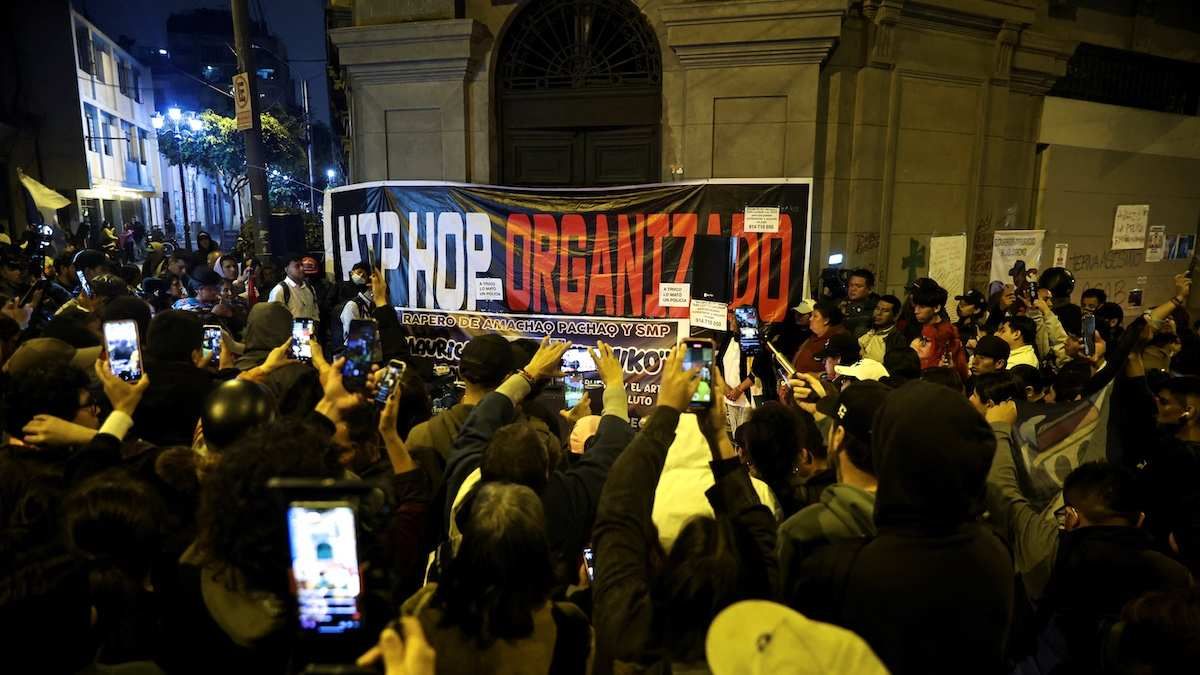Peru declares state of emergency in capital city
It’s been a rough period for the country that is renowned for the stunning and peaceful mountain citadel of Machu Picchu. About a month ago, protests broke out against President Dina Boluarte’spension reforms, government corruption and rising crime. Last weekend, the Congress impeached Boluarte and removed her from office over her failure to address these issues. Now, the Peruvian government is declaring a state of emergency in Lima after the protests, which haven’t stopped, turned deadly – police shot and killed a 32-year-old man on Wednesday at demonstrations outside the Congress.
With Gaza deal done, can Trump bring peace to Ukraine?
US President Donald Trump said he had a “very productive” phone call with Russian President Vladimir Putin yesterday, the first time they had spoken since their Alaska meeting in August, adding that they would have another in-person meeting in the Hungarian capital of Budapest in the next few weeks. The call, which the Kremlin said came at Putin’s behest, came right before Ukrainian President Volodymyr Zelensky’s White House visit, where he was expected to ask about which weapons systems the US can provide him. Trump had reportedly been mulling sending Tomahawk missiles to the Ukrainians, but he appeared to pour cold water on the idea following his chat with Putin.
Bangladesh’s new charter doesn’t please all
Bangladesh has been engulfed by chaos ever since then-Prime Minister
Sheikh Hasina allegedly ordered the use of lethal force on student protesters last year. Trying to find a path forward, the South Asian country’s leading parties came together Friday to
sign a new political charter. Yet not everyone is happy: Violent protests broke out in Dhaka amid the signing, as demonstrators felt the charter
didn’t have a means to guarantee its commitments, including providing justice for the victims of last year’s killings. Meanwhile Bangladeshi prosecutors are
seeking the death penalty for the former leader over her actions during last year’s deadly demonstrations. With elections scheduled for February, can the Bangladeshi government establish some calm among its
173-million-strong population?
